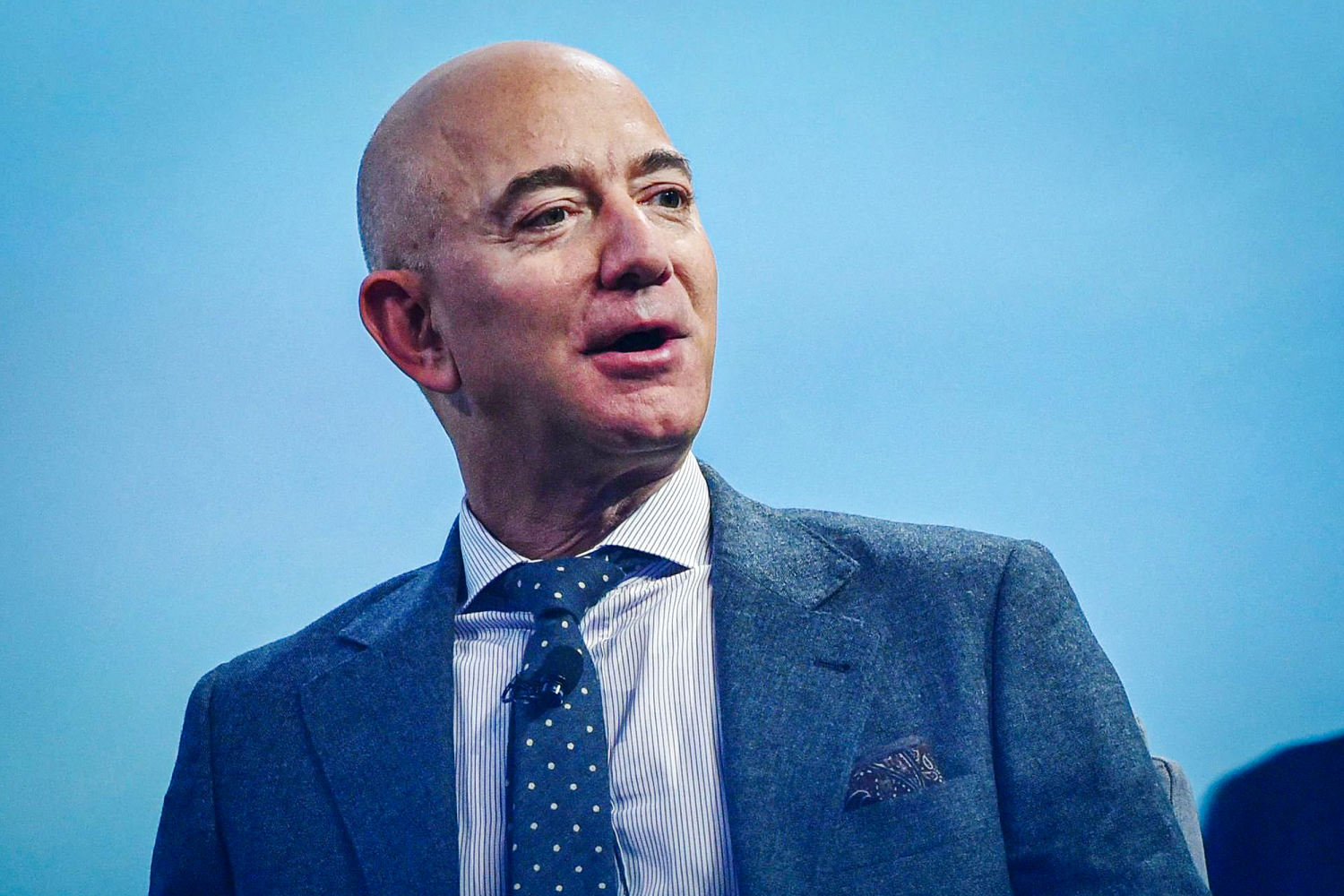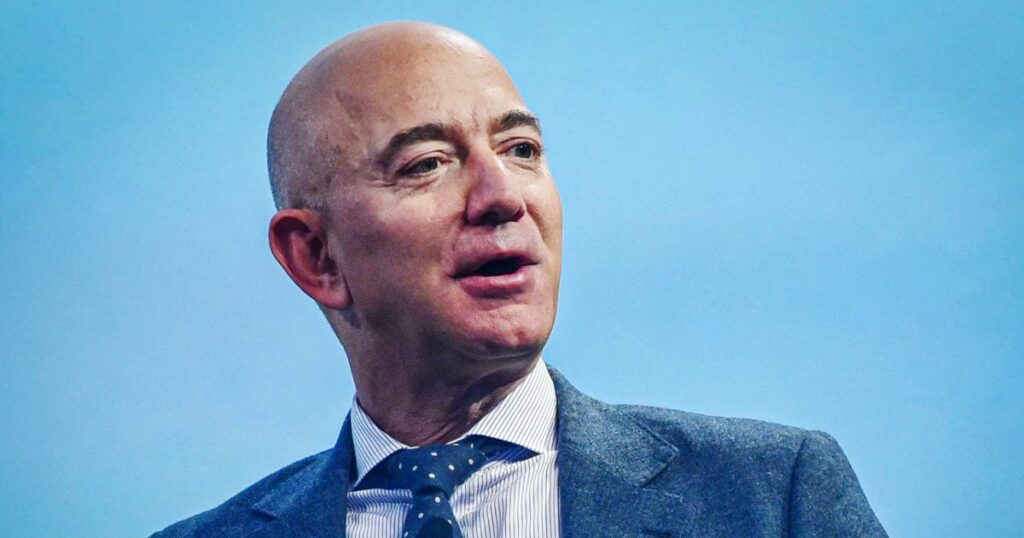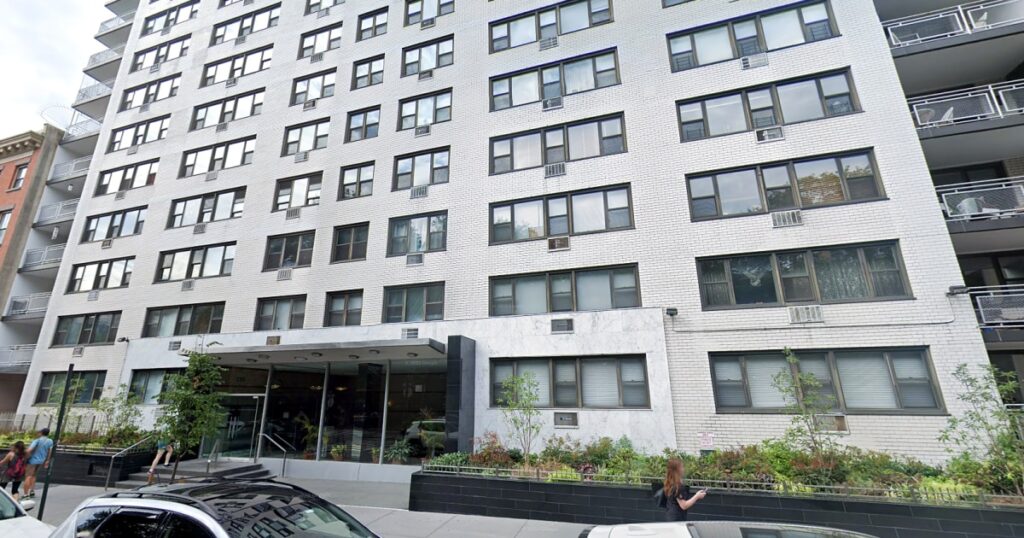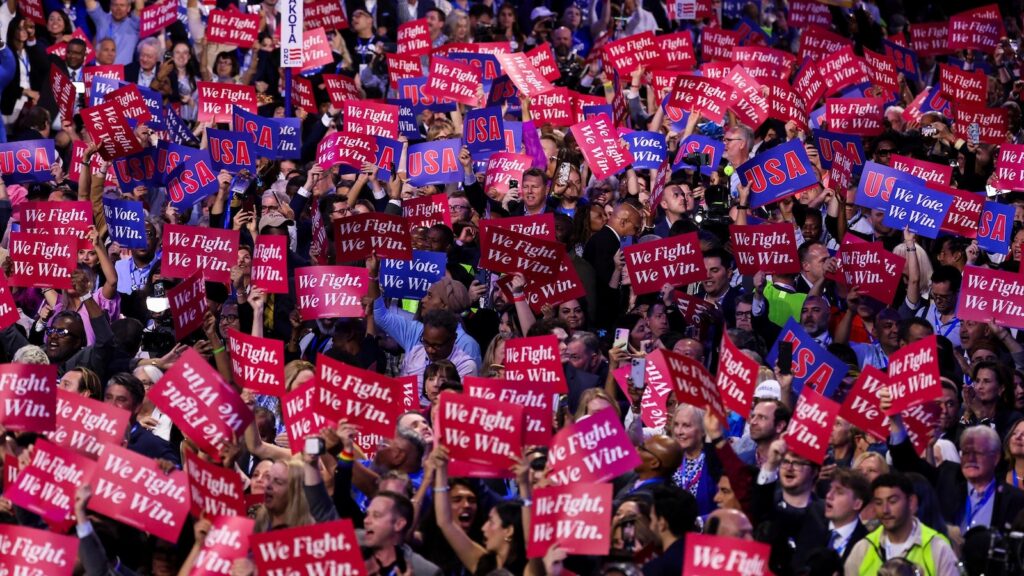
On a Monday in August 2013, I sat for coffee with a colleague from The Washington Post when suddenly my phone buzzed. Our paper had been sold to Amazon founder Jeff Bezos. We were shocked — and uncertain. How would Bezos run a newspaper? How much control would he expect over our coverage? Would he replace us all with Amazon Echos?
Bezos, though, promised no upheaval. “The values of The Post do not need changing,” he wrote in a letter to Post employees that same day. “The paper’s duty will remain to its readers and not to the private interests of its owners.” And for years that proved true. Through the end of my time at the Post’s Opinions section, in 2022, I cannot recall a single instance of interference in the section’s product.
But more than a decade on, Bezos has decided that “the values of The Post” do need changing. Its duty will no longer be to its readers, but to his private interests — and to propping up a myth about capitalism and freedom.
It is entirely fitting that Bezos would ignore the free market even as he praises it.
The last several months have been a turbulent time for the Post, and particularly its Opinions section, with several controversies concerning readers and staffers alike. Just days before the presidential election, Bezos blocked the editorial board’s endorsement of Vice President Kamala Harris. Last month, my colleague from that August 2013 coffee — cartoonist Ann Telnaes — resigned after Opinions editor David Shipley declined to run her cartoon of billionaires, including Bezos, bowing to Trump. Two weeks later, Bezos joined other tech oligarchs in prominent seating at President Donald Trump’s inauguration.
Then, on Wednesday, he declared a new party line for the paper’s Opinions section, prompting Shipley’s resignation. “We are going to be writing every day in support and defense of two pillars: personal liberties and free markets,” Bezos announced. “We’ll cover other topics too of course, but viewpoints opposing those pillars will be left to be published by others.”
The focus on “free markets,” however, is especially ironic. Washington Post customers already signaled they do not want what Bezos is selling. His hires for executive positions have been largely failures. NPR reports that despite “aggressively” wooing new subscribers since the spiked endorsement, the Post has suffered “a net loss of a couple hundred thousand subscribers” — a larger number than all but a handful of American newspapers. And as Shipley reportedly reminded Bezos, The Wall Street Journal’s editorial page already fills the “liberty and free markets” viewpoint that Bezos claims is “underserved.”
Meanwhile, ratings and traffic for liberal opinion media (including MSNBC) are rising. Wired magazine added more than 60,000 subscriptions in just the first two weeks of February thanks to its aggressive coverage of Elon Musk’s so-called Department of Government Efficiency.
Yet it is entirely fitting that Bezos would ignore the free market even as he praises it, because he has risen and thrived under a capitalist system that pays lip service to free markets but is far from that in practice.
Bezos and his ilk want to cement the status quo that enrages so many Americans.
Amazon and other technology titans, from Microsoft to Apple to Meta to Tesla, thrive not in the face of competition but because of the lack of it. None of these companies are complete monopolies, but they all dominate one or more sectors and can leverage their sheer scale against competitors and even customers. The very model of Silicon Valley venture capital firms — which have produced far more failed startups than successes — depends on the idea that when a venture does succeed, it doesn’t just capture some good business; it captures all or nearly all of that market.
And when that private sector power isn’t enough, Bezos and other oligarchs leverage their influence to get your dollars — more specifically, your taxpayer dollars. Federal contracts provide billions of dollars to Amazon Web Services, the company’s cloud computing division that generated more than half of Amazon’s profits in 2023. Author Ed Niedermeyer points out that Elon Musk’s companies have received more in government subsidies, loans and contracts than Tesla, his only profitable company, has created in income in its entire existence. As for government regulators, those weren’t already captured are being torn down.
If not “free markets,” then what is Bezos arguing for? As the Bulwark’s Jonathan Last argued earlier this week, the tech oligarchs are trying to bring the “winner take all” (or “nearly all”) mindset to politics. “Democracy represents competition,” Last wrote, “and they are — quite openly — anti-competitive.”
Bezos and his ilk want to cement the status quo that enrages so many Americans: what Martin Luther King Jr. called “socialism for the rich, rugged individualism for the poor.” An independent press, Bezos has decided, is an obstacle to that goal. And if that decision entails torching the credibility of a paper that once took down a president, he’ll happily pay that price to hoard his wealth.



